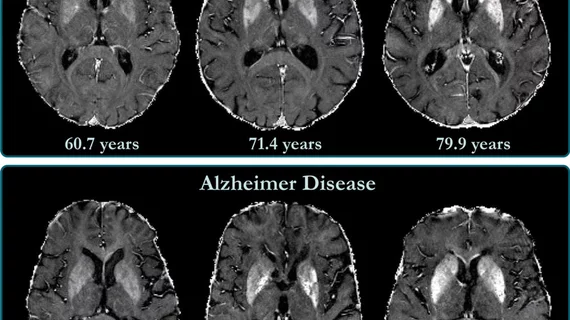CMS not changing ALZ drug restrictions
The Centers for Medicare and Medicaid Services (CMS) is keeping restrictions for amyloid treatments targeting Alzheimer’s disease, the agency announced.
The decision comes after CMS was reconsidering the national coverage determination (NCD) for Food and Drug Administration (FDA)-approved monoclonal antibodies. However, CMS determined there is not yet evidence meeting criteria for reconsideration.
The announcement also comes as more Alzheimer’s drugs are being evaluated and many are hoping some of the new treatments could be breakthroughs in the treatment of the disease. The FDA recently approved Leqembi (lecanemab), a drug that has been closely watched with excitement across the healthcare industry due to its potential impact on the Alzheimer’s population. Leqembi, developed by Japanese pharmaceutical company Eisai, was found to reduce amyloid plaque buildup in the brain, a marker of Alzheimer’s disease.
CMS’ decision not to change its restrictions shut down a petition for wider coverage of Leqembi. The move means Leqembi will remain in the coverage with evidence development (CED) program, which is the mechanism for CMS to cover promising therapeutics and services for Medicare beneficiaries within data collection settings.
CMS stated it will review any new evidence that becomes available that could lead to a reconsideration and change in the NCD, and the agency recognized there are several additional publications that could answer questions in the NCD. However, for now, CMS’ decision keeps Leqembi within the CED.
“We recognize that these medications are a unique, new class of drugs, and we regret that the decision could not be more favorable,” CMS said in its statement.
Alzheimer’s disease is a big area for emerging healthcare therapies and treatments. One 2022 study revealed 10% of U.S. adults 65 and older have dementia, and 22% have mild cognitive impairment. The number of U.S. adults with Alzheimer’s or dementia is expected to rise as a large swath of the population ages, with 10,000 baby boomers turning 65 every day.
Beyond experimental therapies and new treatments, some healthcare startups are focused on dementia detection to find the disease earlier in hopes of better interventions.

